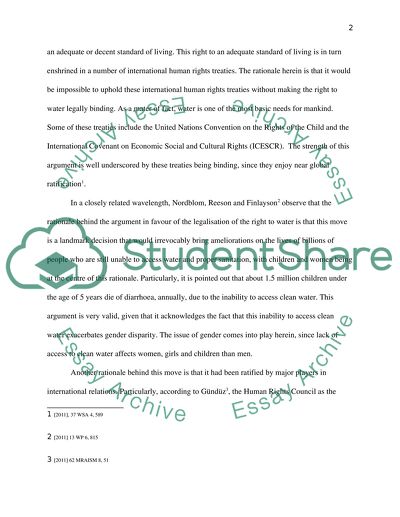Cite this document
(“Critically assess the arguments in support of and against the Essay”, n.d.)
Retrieved from https://studentshare.org/law/1465320-critically-assess-the-arguments-in-support-of-and
Retrieved from https://studentshare.org/law/1465320-critically-assess-the-arguments-in-support-of-and
(Critically Assess the Arguments in Support of and Against the Essay)
https://studentshare.org/law/1465320-critically-assess-the-arguments-in-support-of-and.
https://studentshare.org/law/1465320-critically-assess-the-arguments-in-support-of-and.
“Critically Assess the Arguments in Support of and Against the Essay”, n.d. https://studentshare.org/law/1465320-critically-assess-the-arguments-in-support-of-and.


